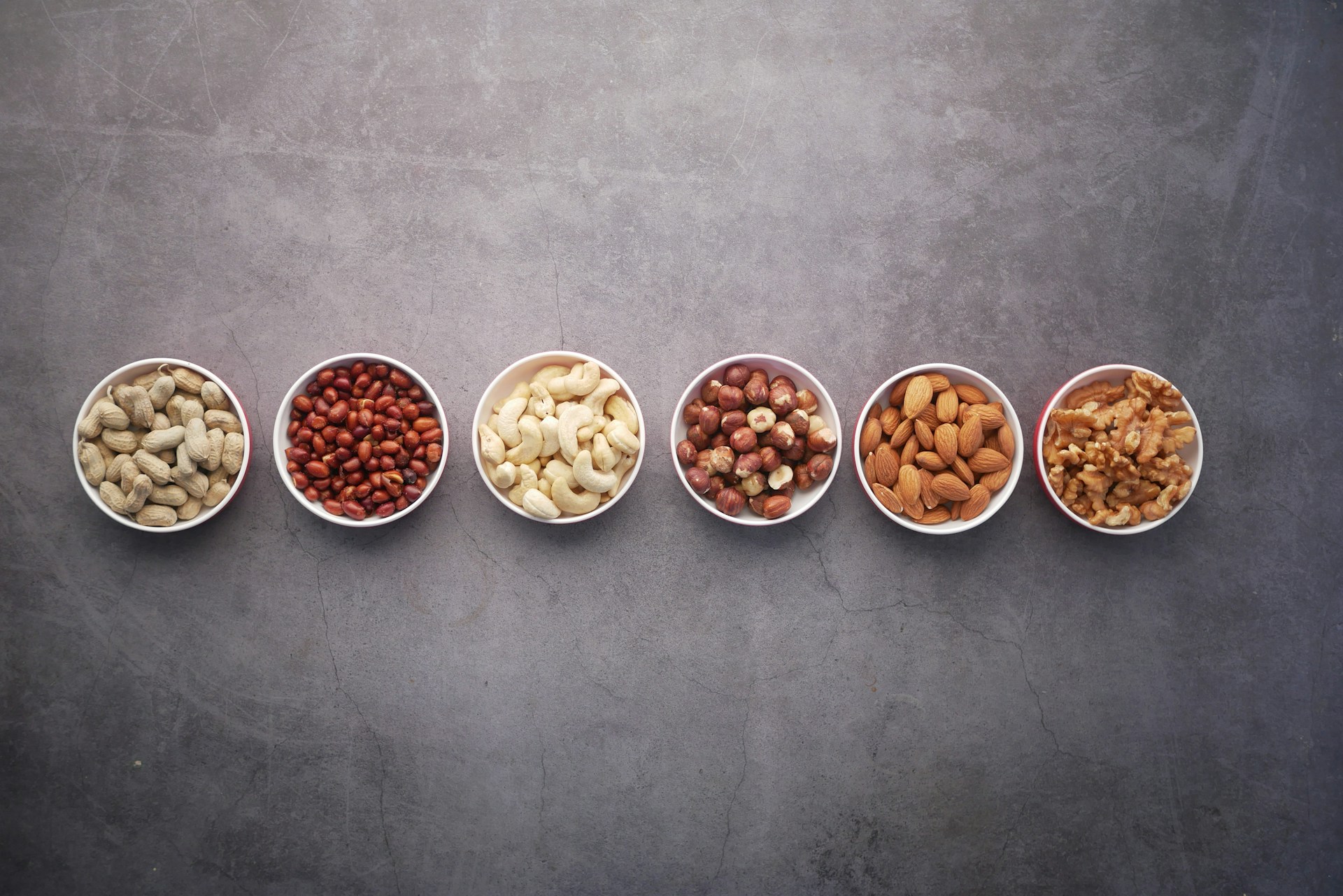When it comes to thinking about protein, so many people think they are stuck with just nuts, beans, broccoli or plant based protein shakes to consume enough protein to build or regain muscle. Below are some low carb non-meat options to increase your protein intake to look and feel your best.
Eggs, The Vegetarian’s Super-food
At the top of this list is eggs. Eggs are a prized source of protein for vegetarians and it’s easy to see why.
A single egg yolk has 4.5g of fat, 0.5g carbs, and 2.5g of protein, and the egg white has 0g of fat, 0g of carbs, 4g of protein.
It’s easy to see why it’s considered a great complete protein source. When you total an egg’s macro nutrients the stats are quite impressive with 4.5g of fat, .5g of carbs, and 6.5g of protein.
And if you cook the eggs in some butter, the macro nutrient ratio will be perfect for vegetarian keto.
What’s great about eggs is that they are also very versatile and can be used in numerous keto vegetarian dishes that are both savory or sweet. Unfortunately, there is still a lot of controversy about eggs in the plant-based community. Mainly the concern comes with how chickens are being treated. TIP: Choose PASTURE RAISED (not cage free) vegetarian fed without antibiotics for the most compassionate eggs.
My recommendation if you’re concerned about this, is to find some local farmers that treat their animals the proper way. This way you can source your eggs from farmers that are humane in their practices. Or even better, if you’re able, consider getting some chickens of your own!
Low Carb Meat Substitutes
You may be wondering if there are enough keto-friendly meat substitutes that can make being a keto vegetarian practical. Thankfully, there are many meat substitutes that are very low in carbs but also high in protein. The following is just a sampling of some vegetarian keto protein sources.
Tofu (1 oz): 2g net carbs, 4.9g protein
Tempeh (100g): 9g net carbs, 19g protein
Seitan (100g): 14g net carbs, 75g protein (Avoid if you are gluten intolerant)
Boca burger (1 patty): 2g net carbs, 13g protein
Quorn Chik’n Cutlets (1 cutlet): 3g net carbs, 11g protein
Beyond Meat Vegan Chicken Strips (6 strips): 4g net carbs, 20g protein.
Cheese
In general, it seems like the harder the cheese, the more protein it has. Cheese tends to have very little carbs, usually none for most cheeses. As a vegan or vegetarian low carb person, the biggest issue is to look to see if animal rennet (intestines) were used in the production of the cheese. Some major cheeses like parmesan might not be vegetarian.
The good news is that cheeses don’t need to be made with animal rennet; there are microbial rennets that exist that are cruelty-free and are used by companies like Kraft.
As a side note, if you’re in Europe it’s easy, anything labeled as “Parmigiano-Reggiano” is definitely not vegetarian, so you may want to avoid it because for it to receive this label it uses rennet.
Nutritional Yeast
Last on my list of low carb/keto vegetarian protein sources is Nutritional Yeast. Have you ever heard of it or tried it? Nutritional yeast is actually a seasoning that is primarily used by vegans to replace things like parmesan. Nutritional yeast has a nutty yet “cheese” like flavor and can be added to savory meals instead of dry cheese.
Since it has 1g net carbs per serving and packs 3g of protein it’s an easy way for keto vegetarians to add more protein to their diet.
Seafood – if you’re a pescatarian.
Fish: Preferably eating anything that is caught wild like catfish, cod, flounder, halibut, mackerel, mahi-mahi, salmon, snapper, trout, and tuna. Fattier fish is better.
For example, Salmon (4 oz. size) has 236 calories, 15 grams fat, 0 carbs, 23 grams of protein.
Shellfish: Clams, oysters, lobster, crab, scallops, mussels, and squid. With all of these vegetarian keto protein options, and the items on the Vegan Protein List, you should be able meet your macro-nutrient ratio as a vegetarian with easily and with confidence.
Questions? Bobbi Sizemore Email: BobbiSize@gmail.com
Call/Text: 424/355-5107



